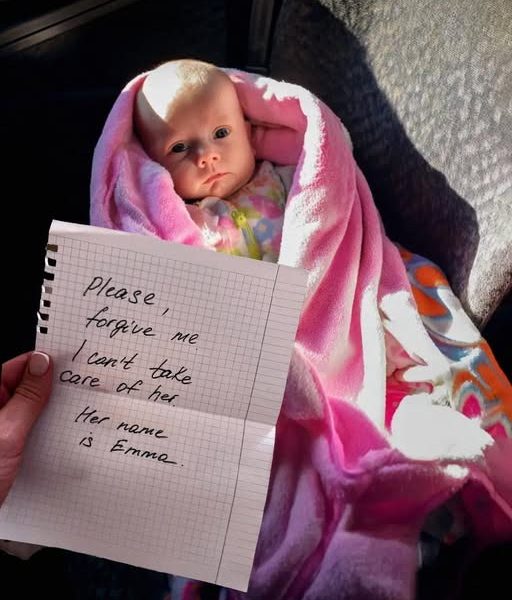When my younger brother lost his job, I loaned him $3,000 to cover his rent, believing that family should be there to support each other in times of need. I tightened my own budget and sacrificed some of my own needs to help him out. At first, he was grateful and promised to pay me back as soon as he got back on his feet.
However, as the months went by, he found a new job and started earning again, but the subject of repayment never came up. When I gently reminded him, he brushed it off, telling me not to worry. Meanwhile, I was struggling to make ends meet, dodging late fees and stretching every dollar. I couldn’t help but feel resentful when I saw him spending money on non-essential things.
When I finally confronted him about the debt, his response was shocking. He told me that I shouldn’t be acting like this was a debt, that I should want to help him because we’re family. It was then that I realized the truth – it wasn’t just about the money anymore, but about respect and boundaries.
I had given out of love, but he had taken out of entitlement. I was left wondering if I should continue to forgive him or start protecting myself. The experience made me question the kind of relationship we really had and whether it was healthy for me to continue supporting him without any regard for my own needs [1].


